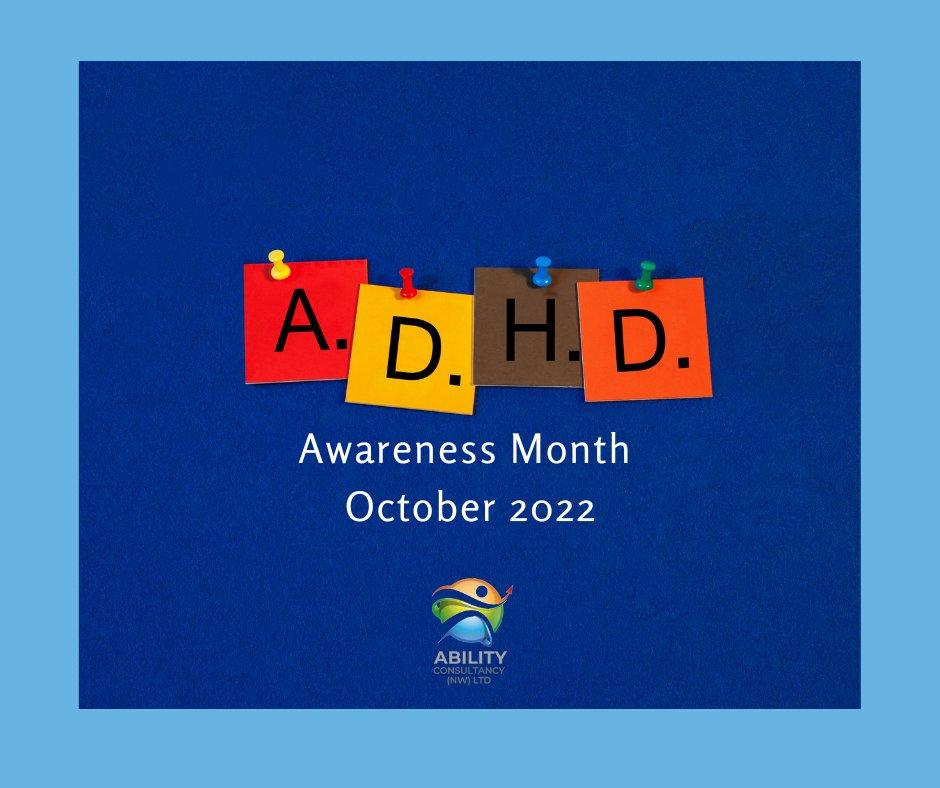Strategies for Effective Communication About Addiction in Families
Addiction is a sensitive topic that requires tact, understanding, and compassion when discussed within the family setting. Effective communication can greatly assist in addressing addiction issues constructively, offering support to those in need while minimizing conflict. Families dealing with addiction can benefit from structured approaches to these conversations, with the support of professional services such as those provided by a rehabilitation centre in Mumbai.
Establishing a Supportive Environment
The foundation of any discussion about addiction should be non-judgmental and supportive. Creating a safe space where family members can speak openly and honestly without fear of blame is crucial:
Encourage Open Dialogue: Encourage all family members to share their thoughts and feelings. This openness helps demystify addiction and reduces stigma, making it easier for the affected individual to seek help.
Use Empathetic Listening: It’s important to listen actively and empathetically, validating each family member’s feelings. This approach fosters a supportive environment that can facilitate healing.
Educating Yourself and Others
Understanding addiction as a disease requires educating oneself and other family members about its complexities:
Seek Information: Utilize resources to learn about addiction’s causes, effects, and treatments. This knowledge can demystify the disease and dispel common myths.
Workshops and Seminars: Attending workshops or seminars hosted by a rehabilitation center in Mumbai can provide valuable insights and strategies for dealing with addicted loved ones.
Using Clear and Simple Language
When discussing addiction issues, the clarity of the message is key. Complex medical jargon can confuse and alienate, so it’s important to:
Avoid Medical Terminology: Use simple and clear language to help all family members, including younger ones, understand the situation.
Be Direct but Gentle: While it’s important to be straightforward when discussing the realities of addiction, it’s equally important to communicate with kindness and sensitivity.
Timing Your Conversations
The timing of a conversation about addiction can significantly impact its effectiveness:
Choose the Right Moment: Initiate discussions at a time when everyone is calm and not preoccupied with other stressful issues.
Regular Check-ins: Set aside regular times to update each other on feelings and developments. This can prevent the buildup of emotions and misunderstandings.
Handling Emotions Wisely
Addiction often brings up strong emotions. Managing these effectively is crucial for constructive communication:
Recognize Emotional Responses: Understand that feelings of anger, frustration, and sadness are normal. Recognizing and validating these emotions within the family can prevent harmful outbursts.
Stay Calm: Try to maintain composure when discussing issues. If tensions rise, take a break and revisit the discussion later.
Involving Professionals When Necessary
Sometimes, professional intervention is necessary, especially when personal efforts to communicate effectively about addiction fail:
Therapy and Counseling: Engaging in family therapy can be facilitated by professionals at a rehabilitation center in Mumbai. This can help address deep-seated issues and improve communication skills within the family.
Utilizing Mediators: Sometimes, a neutral third party can help mediate discussions, ensuring that all voices are heard and that the conversation remains productive.
Setting Boundaries and Expectations
Clear boundaries and expectations can provide necessary structure:
Define Acceptable Behaviors: Clearly outline what behaviors are acceptable and what consequences will be if boundaries are crossed.
Express Expectations Clearly: Each family member should know what is expected of them. This clarity can reduce confusion and conflict.
Developing a Plan Together
Collaboration on a strategic plan can empower all family members and instill hope:
Set Goals and Milestones: Establish clear, achievable goals related to the recovery process. Celebrate milestones as they are reached, which can motivate further progress.
Involve the Addicted Person: Make sure the person with the addiction is involved in the planning process. This inclusion can increase their commitment to recovery.
Effective communication within families facing addiction issues is crucial and can be the difference between a successful recovery and a worsening condition. Utilizing the resources available at a rehab centre in Mumbai can provide families with the tools they need to navigate this challenging journey. By fostering an environment of openness, understanding, and support, families can not only help their loved one overcome addiction but also heal themselves.



